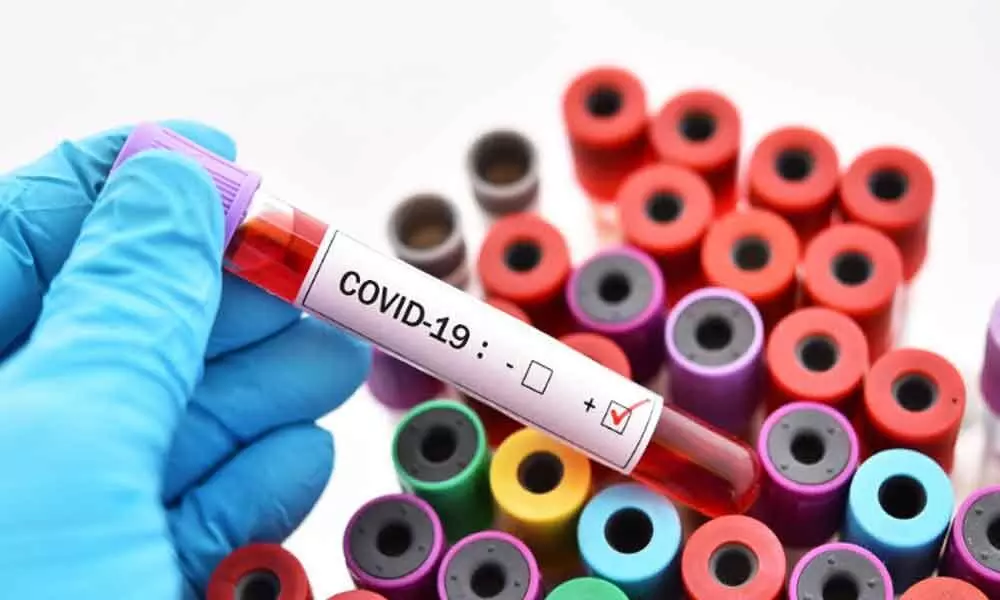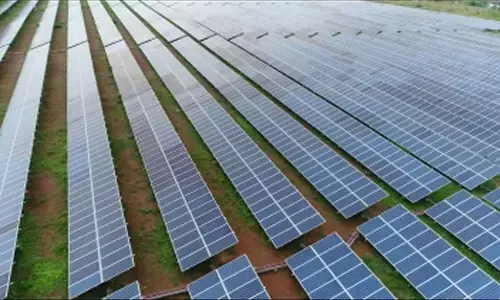Coronavirus Vaccine: We have the vaccine, says a Pentagon financed company
 Representational Image
Representational ImageCoronavirus Vaccine: A Canadian firm claims that it has manufactured a COVID-19 vaccine just 20 days after getting the coronavirus's genetic sequence.
A Canadian firm claims that it has manufactured a COVID-19 vaccine just 20 days after getting the coronavirus's genetic sequence, using a unique technology that they want to submit for FDA approval.
Medicago CEO Bruce Clark said his firm could manufacture as many as 10 million doses per month. On Thursday, he said in an interview, if regulatory hurdles can be cleared the vaccine could be available in November.
An Israeli research lab also claimed to have produced a vaccine. But Clark says his firm's technique, which has already been confirmed effective in manufacturing vaccines for seasonal flu, which makes it more reliable and easier to scale.
"There are a couple of others who are claiming that they have — well, we will call them vaccine[s]" for COVID-19, he said. "But they're different technologies. Some are RNA- or DNA-based vaccines that have not yet been proven in any indication yet, let alone this one. Hopefully, they'll be successful."
How was Clark's team able to produce that so quickly? As a bioreactor for growing vaccine proteins, they use plants instead of chicken eggs. A lot of traditional vaccine production needs eggs. Vaccine producers inject the virus into the eggs, where it propagates. But using eggs becomes expensive, it takes a long time, and it is far from perfect. Clark said Mutations can yield vaccines that don't match up to the virus they aim to shut down.
So Medicago doesn't work with a live virus. As an alternative, in a relatively new approach, it uses plants that has seen much development in the last ten years. It inserts a genetic sequence into Agrobacterium, a soil bacteria, which is consumed by plants — in this case, very near to tobacco. The plant starts to produce the protein that can be used as a vaccine. If the virus begins to mutate, as is expected for COVID-19, they can just update the production using new plants.
"That's the difference between us" and egg-based methods, he said," we go directly to producing the vaccine or the antibody without having to propagate the virus."










